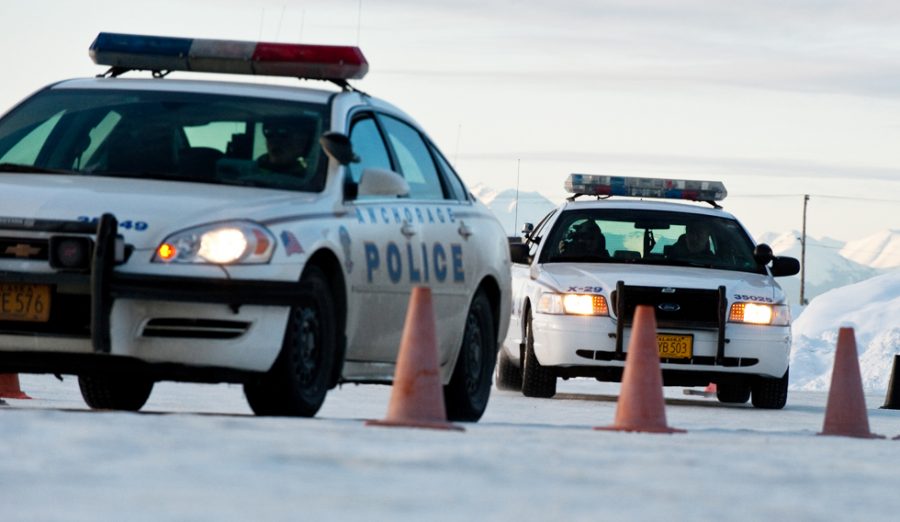Fatigue, sleepiness draw more citizen complaints
One researcher says he was a street cop, agrees with findings
A team of researchers found that police officers who had consecutive night shifts and off-duty court hours have greater odds of receiving a citizen complaint. They found a relationship between complaints and sleeping factors.
February 13, 2019
A WSU graduate research assistant and a team of sleep specialists found that police officers who experience fatigue or sleepiness during a shift have greater odds of drawing a citizen complaint.
The team found that consecutive night shifts and off-duty court hours led to increased odds of a public complaint.
Samantha Riedy, a doctoral candidate in experimental psychology and an assistant at the WSU Sleep and Performance Research Center, led the team. Drew Dawson, director of the Appleton Institute at Central Queensland University, and Bryan Vila, WSU professor emeritus of criminal justice and criminology, were also included.
Riedy said they used data from a study Vila conducted with the Department of Justice in the late 1990s that looked at the prevalence of fatigue in U.S. policing. This study included work schedules and a measure of police-community relationships through complaints, however, there were no daily assessments of sleep and fatigue.
“We used a biomathematical model in order to predict what the sleep and fatigue would have looked like on these schedules,” Riedy said.
She said biomathematical models are increasingly used in professions such as air and train transportation in order to predict fatigue and fatigue-related risks in the performance impairment that is associated with some schedules.
Riedy said the team found 37 citizen complaints reported among 15,744 police shifts. There was a relationship between complaints and multiple factors including: increased fatigue, increased sleepiness, less sleep, consecutive night shifts and daytime court hours between the night shifts.
“Sleep loss and fatigue have previously been shown to increase performance impairment,” Riedy said. “It can impair officers judgment in their ability to respond quickly in challenging situations, and there was a reason to believe this would affect their public relationships.”
Vila said he is connected to the project because of his background as a street cop in Los Angeles and then a police chief for about 20 years.
“I realized that when I was tired, I made more mistakes and it was harder to keep your temper,” Vila said.
He said tiredness affects officers ability to drive safely, make decisions, control anger and deal with the public empathetically using appropriate language.
Riedy said although night officers often deal with more domestic violence cases and violence in general, the data still shows that adding a day-time court shift to a night officer’s schedule increases the number of complaints.
“This suggests that it’s not just the nature of night shifts, but there is a factor of sleep loss and fatigue there,” Riedy said.
Riedy plans to replicate the study with a larger sample that has more public complaints and has an actual measure of sleepiness, fatigue and sleep time.
“It is unlikely that we can change police officers work schedules or their work practices necessarily, but there are other options including sleep rooms at the court or going into work later to increase sleep opportunities,” Riedy said.
She said the development of a hazard identification system that calculates the likely fatigue associated with a certain schedule, could also be used to prevent incidents.
The study, titled “U.S. Police Rosters: Fatigue and Public Complaints,” was published in the “Sleep” journal and Riedy has already spoken in Europe and NASA’s Ames Research Center. She plans to speak in Australia and New Zealand.









